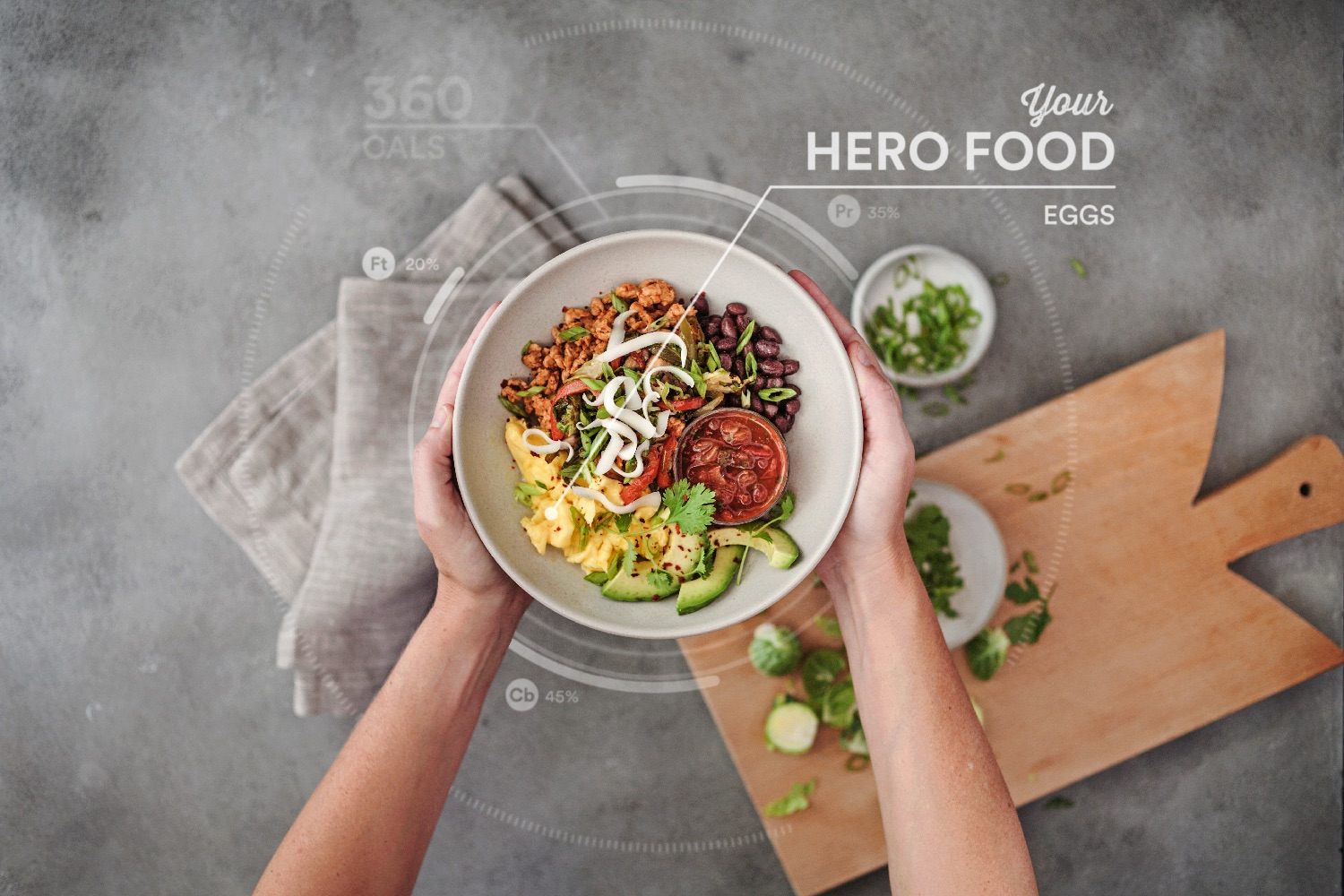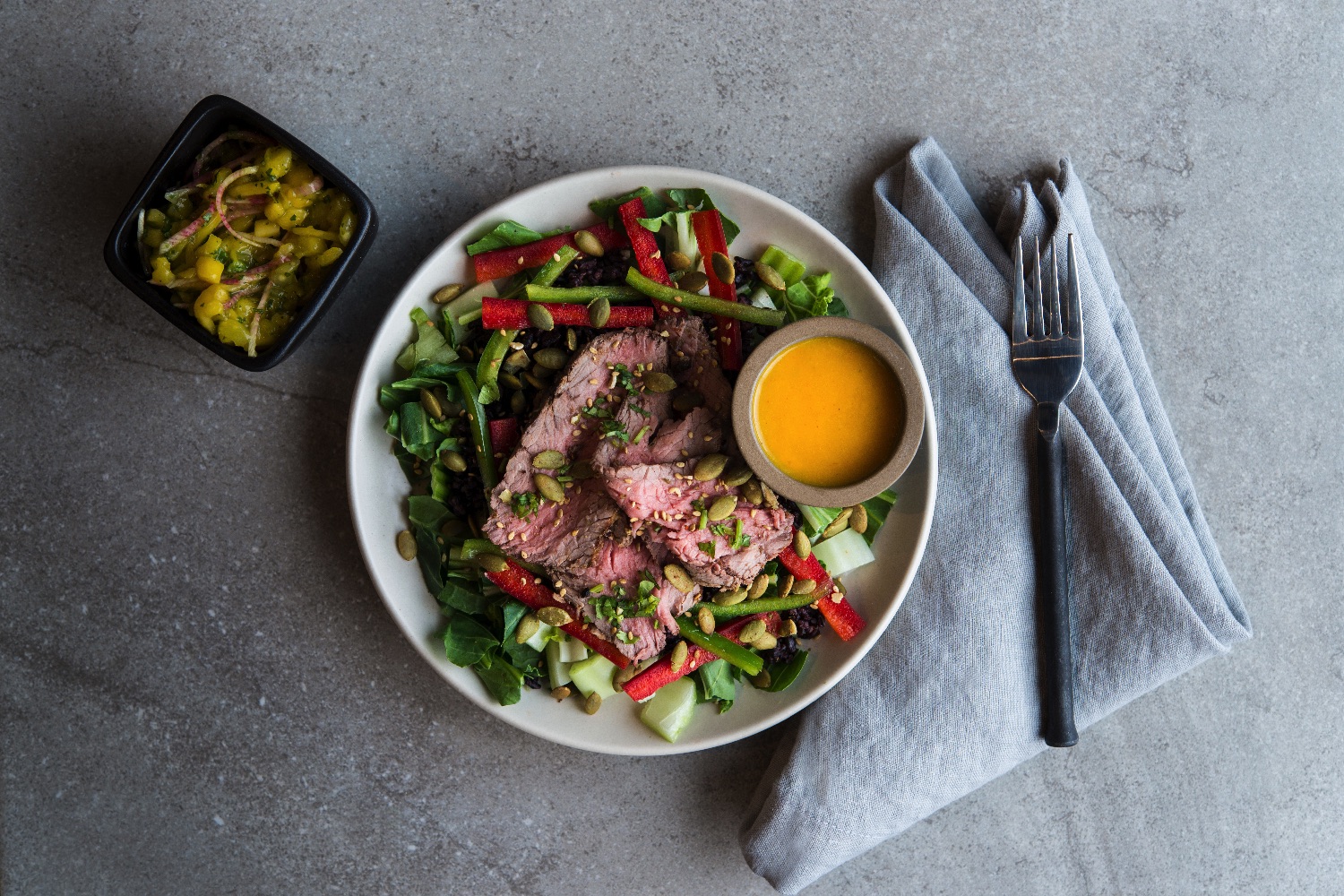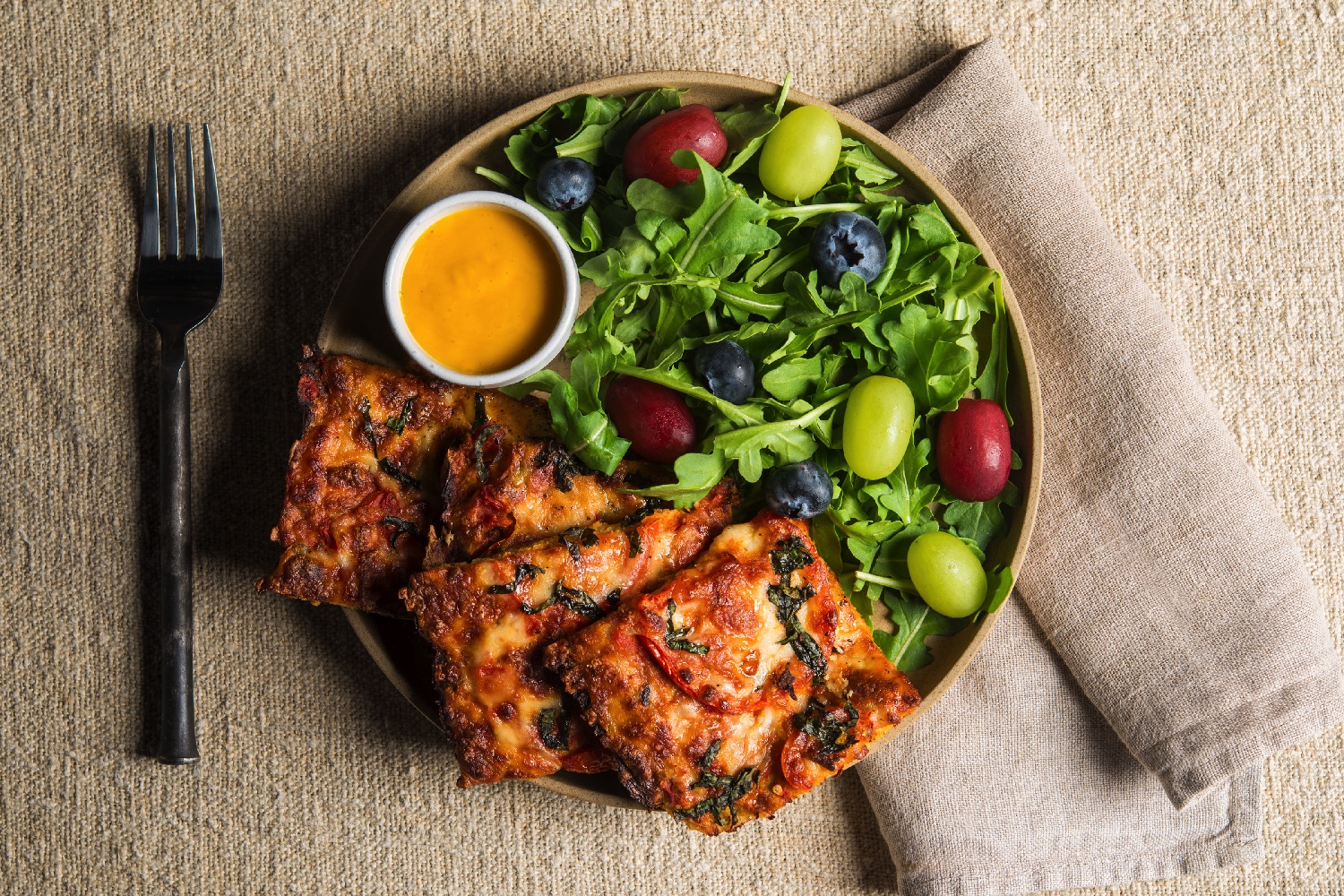But the same isn’t necessarily true when it comes to what we eat. While it’s easy to find information about diets online, the sheer range of different options — and the contrasting information we hear — often obfuscates more than it enlightens.
“One day we’re told that eggs are bad, the next day that they’re good,” foodstuff entrepreneur Neil Grimmer told Digital Trends. “Bacon was demonized, now it’s celebrated. The end user gets massively confused. I believe that the answer to that question lives in each one of us. Whether eggs are bad or good for you is a question we can answer with the platform we’ve built. If we actually listen to our body it can tell us the road map for optimal health, and guide us to the kinds of food we should be eating.”
Several years ago, Grimmer started collecting data about his body — which included having his genome sequenced and a battery of different blood tests. Based on this, he started to put into practice everything he was learning about his body’s unique responses to different inputs.
“I lost 25 pounds and had more energy than I’d had in years,” he said. “I felt like that feeling was something that should be available to everybody. It shouldn’t require trips around the world, thousands of dollars, and a Captain Crunch decoder ring to figure out. We should make it available, accessible, and understandable to anyone who wants to be their best self.”
Jump forward to the present day, and Grimmer has just launched a new company, called Habit, which he hopes will make these kinds of food-related insights accessible to the average user. In doing so, he wants to develop diet plans which cater to a person’s unique genetic makeup.
“Habit is the world’s first personalized nutrition company,” he continued. “We talk about it being from ‘test to table.’ There’s a test you can do at home which looks at your DNA and blood work. We also have a ‘metabolic challenge,’ which is a shake that you drink, after which we take your blood two more times. This gives us a holistic picture of how you metabolize fats, carbs, and proteins.”
The data Habit gathers goes into a digital dashboard, which offers customers their biological data, along with personalized food recommendations. As part of a $299 package, customers also get 25 minutes of phone-based coaching with a registered dietitian. The company additionally offers a food delivery service, which will deliver custom meals based on the exact way your body responds to food components.
“We’re starting next year in Silicon Valley with a full suite of our offerings,” Grimmer concluded. “From there, we’re going to be expanding into key regions around the country.”
It’s definitely an intriguing concept, and while we’ll have to wait until 2017 to see if it can find the audience Grimmer hopes it will, you can certainly color us intrigued. And a little hungry.







